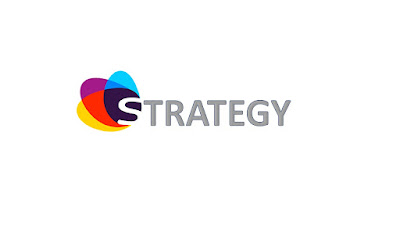Event marketing can be a highly effective way to promote your
upcoming events and generate excitement among potential attendees. However,
simply organizing an event is not enough to ensure its success.
To achieve your goals, it is important for event marketers to develop a
comprehensive event marketing strategy that will help you reach your target audience
and build interest in your events. In this blog, we will explore some key steps
that event marketers can take to plan a successful event marketing campaign. Also
read our earlier blog: ‘Event Marketing Campaign’.
Step 1: Define Your Goals
The first step in developing an event marketing strategy is
to define your goals. What do you want to achieve with your event? What would
success look like for your events? Are you looking to increase attendance,
generate leads, or build brand awareness? Defining your goals will help you
determine the most effective marketing tactics to use and measure your progress
throughout the campaign.
Step 2: Understand Your Target Audience
To reach your target audience effectively, you need to
understand who they are and what motivates them to attend events. Conducting
market research and creating buyer personas can help you understand your audience's
preferences, behavior, and pain points. With this information, you can tailor
your marketing messages so that they resonate with your audience and improve
the effectiveness of your marketing campaigns.
Step 3: Develop Your Messaging and Creative Assets
Once you have a clear understanding of your goals and target
audience, you can start developing your messaging and creative assets. This
includes creating a compelling event name and tagline, designing eye-catching
graphics and videos, and crafting copy that highlights the unique value
proposition of your events. Your messaging and creative assets should be
consistent across all marketing channels to ensure consistent brand experience
for your audience.
Step 4: Determine Your Marketing Channels
There are a variety of marketing channels that you can use
to promote your events, including social media, traditional media, email
marketing, content marketing, and paid advertising. To determine which channels
will be most effective for your events, consider your target audience's
behavior and preferences, as well as your budget and resources.
Step 5: Create a Marketing Plan
Once you have defined your goals, understood your target
audience, developed your messaging and creative assets, and determined your
marketing channels, it's time to create a comprehensive marketing plan. Your
plan should outline your marketing tactics, budget, timeline, and KPIs. It should
also include a detailed content calendar that specifies the types of content
you will create and when you will publish them.
Step 6: Execute and Measure Your Campaign
With your marketing plan in place, it's time to execute your
campaign. Be sure to closely monitor your KPIs and adjust your tactics as
needed to optimize your results. You need to build in time and resources to
alter your messaging and content depending on how, when and from where you get
interest and engagement from people. Once your event is over, conduct a post-event
analysis to assess your campaign's effectiveness and identify areas for
improvement in future campaigns.
Event marketing can be a powerful way to promote your
upcoming events and engage your target audience. By following these steps and
developing a comprehensive event marketing strategy, you can increase your
chances of success and achieve your event goals. Remember, effective event
marketing is an ongoing process that requires continuous evaluation and
improvement to ensure long-term success.
-----------------------------------------------


Comments
Post a Comment